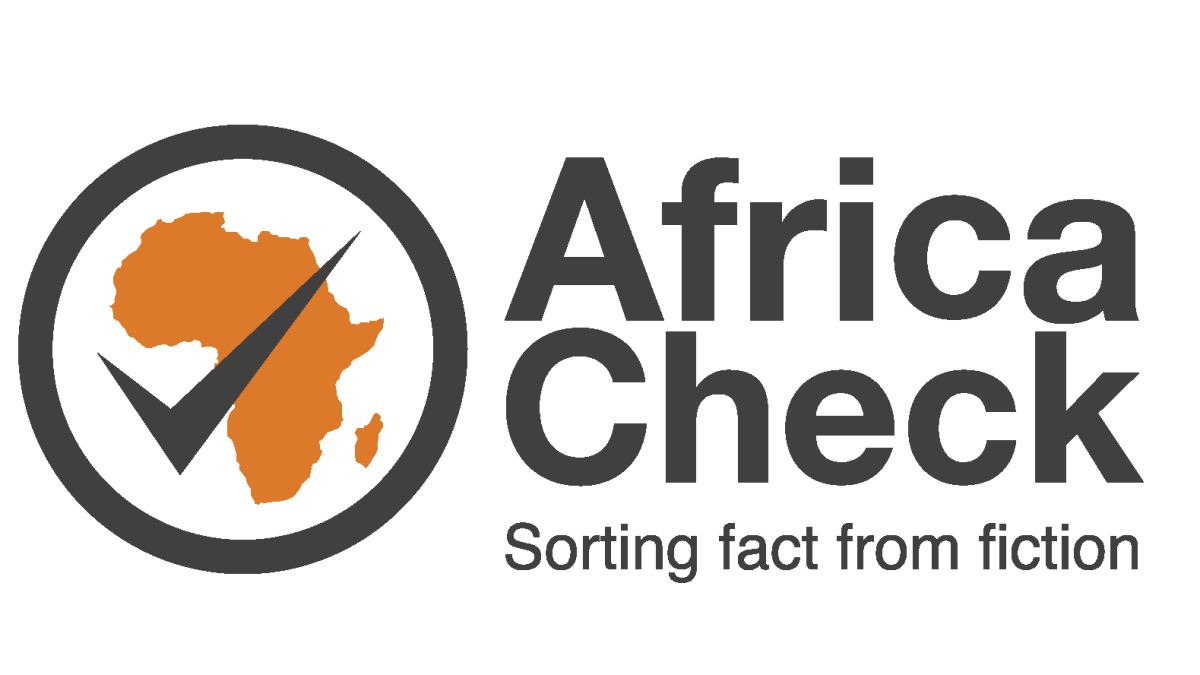
Fact-checkers from Nigeria, South Africa, Uganda and Senegal took the top honours in the 2021 African Fact-Checking Awards, held in a virtual ceremony on Tuesday 12 October 2021 as part of this year’s African Investigative Journalism Conference.
Jean le Roux from the Digital Forensic Research Lab’s team in Cape Town, South Africa, was announced as the winner of the award for Fact-Check of the Year by a Working Journalist for his investigation of claims by the Nigerian army that reports of soldiers opening fire on peaceful protesters at the Lekki Toll Gate in October 2020 were “fake news”. He used open-source evidence to confirm that armed soldiers fired their weapons in the presence of protesters and found no evidence to support the army’s claim that reports of the shooting were “fake”.
The runner-up in this category is AFP Fact Check’s Oluwasegun Olakoyenikan for a report in which he found that several Nigerian media outlets as well as president Muhammadu Buhari’s aide, Bashir Ahmad, incorrectly reported that the so-called “EU Human Rights Forum” commended Buhari for the swiftness of the rescue of hundreds of kidnapped boys in December 2020. He found that no such forum existed.
The winner of the category of Fact-Check of the Year by a Student Journalist is Reagan Kiyimba from Makerere University – our first-ever award winner from Uganda. He investigated a claim that the country had a herbal cure for Covid-19.
The runner-up is Fatma Mbacké from the CESTI journalism school in Senegal who debunked a false claim that Ghanaian farmers had stopped exporting cocoa to Europe.
“Now in its eighth year, the awards programme honours fact-checking journalism by the media in Africa. This year, we received a record number of 216 entries from 28 countries. This is the first time that we have received more than 200 since we started the awards in 2014,” said Africa Check chief editor Lee Mwiti at the awards ceremony.
Commenting on the quality of this year’s entries, the chair of the judging panel, Dr Roukaya Kasenally from the University of Mauritius, said that the judges were pleased to note a good gender, geographical and language range. Kasenally said the judges were impressed by the “depth and breadth” of the topics covered in the entries – from Covid-19 misinformation to governance issues and deepfakes linked to heads of state.
“Each year, as we receive an increasing number of entries, the quality of the work is also rising, making it even more difficult for our judges to select the winners. This bodes well for the practice of fact-checking journalism, which continues to grow in remarkable ways,” said Africa Check executive director Noko Makgato after announcing the winner and runner-up in each category.
The winner of the best fact-check in the category for working journalists is awarded a prize of $3,000 and the runner-up takes $1,500. The winner of the students category takes home $2,000 while the runner-up collects $1,000.
Click here for more information about the awards.
Africa Check is a non-profit organisation set up in 2012 to promote accuracy in public debate and the media in Africa. The goal of our work is to raise the quality of information available to society across the continent.
For more information, send an email to [email protected] or contact Africa Check executive director Noko Makgato on 082 377 4807.


Add new comment